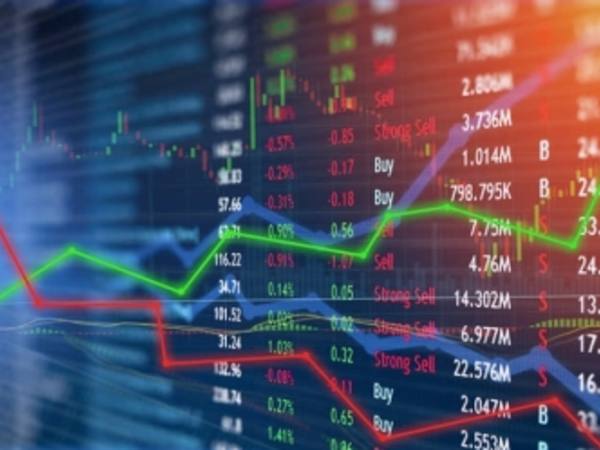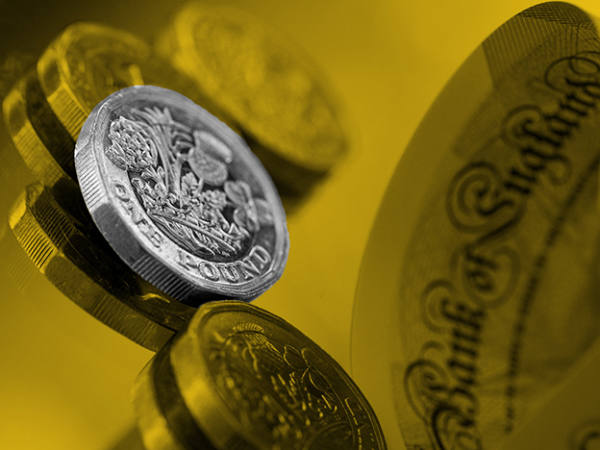The asset management industry is often hasty to boast about how superior environmental, social and governance (ESG) standards boost investment performance, and the crisis this year has been no exception. Data provider Morningstar went so far as to refer to ESG as an “equity vaccine” against the pandemic-induced market sell-off in February and March, reporting that 24 of 26 ESG-tilted index funds outperformed their closest conventional counterparts over the sell-off.
The theory makes sense. You might expect well-managed companies that treat their employees, suppliers and customers in a way that inspires goodwill to prove resilient in times of stress. ESG funds that exclude fossil fuels will also have benefited from less exposure to the oil price crash. And following hype over ESG as downside protection, it’s not surprising that ‘sustainable’ fund sales have been turbocharged this year.
But how can we know that it was the ‘ESG’ factors themselves helping to cushion falling prices? A study by Jurian Hendrikse and Philip Joos of Tilburg University in the Netherlands, Baruch Lev from the Stern School of Business in New York, and Elizabeth Demers from Canada’s University of Waterloo, suggests that we can’t.
The study – called 'ESG didn’t immunise stocks against the Covid-19 market crash' – analyses the performance of more than 1,500 US companies over the first quarter of this year to see how important their ESG scores were for defining returns, compared with more traditional measures of risk, such as financial strength and broader industry factors.
By conducting a regression analysis – a mathematical way of identifying which variables have an impact on a single factor – the academics conclude that company cash levels and the amount invested in research and development were the two most powerful variables mitigating stock price falls. Unsurprisingly, higher company debt levels had a significant correlation with larger stock price falls. But when all other variables were controlled for, ESG (as measured by data provider Refinitiv’s Eikon ESG score) was found to have a statistically insignificant correlation with returns.
The researchers conclude: “Contrary to the findings of contemporaneous studies that do not include a full set of controls, as well as to the widespread claims by fund managers, ESG purveyors and the financial press who seem to arrive at their conclusions on the basis of simple pairwise correlations, our results provide robust evidence that ESG is not significantly associated with stock market performance during the first quarter of 2020 once the full array of other expected determinants of returns have been controlled for.”
Interestingly, the report did find a statistically and economically significant correlation between companies' internally developed intangible assets and outperformance in the crisis. The authors infer that “these results suggest that innovation-related assets rather than social capital investments” offer greater immunity to sudden, unanticipated market declines.
The academics then applied the same regression analysis to the “recovery” period – which they define as the second quarter of 2020. Here, the outlook for ESG was worse. The results indicate that ESG scores are significantly negatively correlated with returns during the market’s recovery period, meaning that higher ESG scores proved a drag on share price performance.
“Taken together, our analyses establish the stunning result that not only did more socially responsible firms not exhibit the alleged greater share price resilience during the highly unexpected market decline, but they actually performed significantly less well when the overall market recovered,” the report says.
In a third leg of testing, the researchers investigate the extent to which there are common indicators of share price resilience across the 2008-09 global financial crisis and coronavirus crisis this year. They use regression analysis to determine the predictive power of certain variables across crises and found that an ESG-only prediction model does little better than produce a purely random categorisation of winners and losers and that ESG played “no meaningful role” in the predictive power of their combined accounting and market-based prediction model.
The takeaway from this study is not that ESG plays no role in financial performance, but that the celebration of ESG as a resilience factor in times of unexpected crisis is, at best, premature. It's true that challenges in assigning numerical value to ESG credentials will have played a part in this study's results – many 'ESG' scores are based on subjective criteria. Thus, while environmental and social credentials as scored by Refinitiv’s ESG scoring system may have no bearing on a company's resilience, it's very likely that genuinely good governance will. Indeed, the research suggests that companies with flexibility derived from their capital structure and a good stock of internally-developed innovation-related assets – both of which link to good governance – might be resilient in the next crisis.
The full report, including full details of their testing methodology, can be downloaded here: https://papers.ssrn.com/sol3/papers.cfm?abstract_id=3675920












